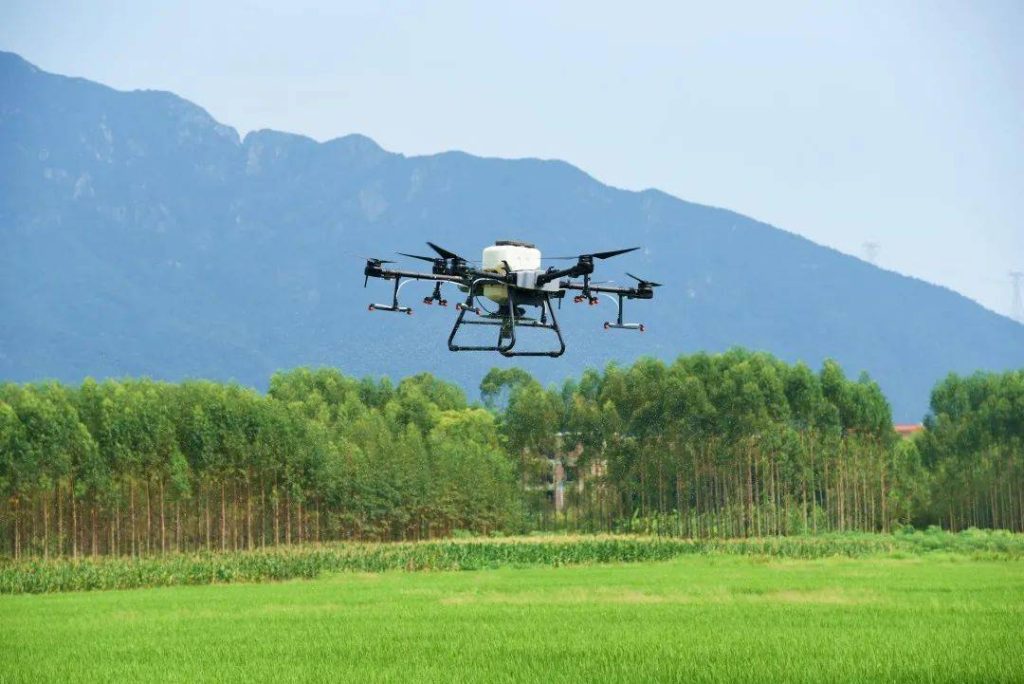The agriculture industry is no stranger to technological innovation, and one of the most promising developments in recent years is the use of agricultural drones. These unmanned aerial vehicles (UAVs) equipped with advanced sensors and imaging technology are changing the way farmers manage their crops and livestock. With their ability to collect data, monitor fields, and optimize resource use, agricultural drones are revolutionizing farming practices.
Here’s how agricultural drones are making a significant impact on the agriculture sector:
-
Precision Crop Monitoring: Agricultural drones can capture high-resolution images of crops, allowing farmers to monitor their health and growth with precision. This enables early detection of issues such as diseases, nutrient deficiencies, and pest infestations. Timely intervention improves crop yields and reduces losses.
-
Smart Farming: Drones play a pivotal role in the concept of smart farming. They collect data on soil quality, moisture levels, and crop conditions. By analyzing this data, farmers can make informed decisions about irrigation, fertilization, and pest control, ultimately leading to resource efficiency and sustainability.
-
Efficient Crop Spraying: Traditional methods of crop spraying can be wasteful and imprecise. Agricultural drones equipped with spraying systems offer a targeted approach. They can distribute pesticides and fertilizers evenly, minimizing chemical use and reducing environmental impact.
-
Livestock Management: Drones are not limited to crop management; they are also valuable tools for livestock farmers. Livestock can be monitored from the air, helping farmers identify issues such as injuries or stress. This real-time monitoring improves animal welfare and overall farm management.
-
Crop Scouting Made Easy: Crop scouting, the practice of inspecting fields for signs of trouble, is simplified with drones. They can cover large areas quickly, providing farmers with a comprehensive view of their fields. This efficiency saves time and labor.
-
Data-Driven Insights: The data collected by agricultural drones is a goldmine of information. Advanced analytics software processes this data, offering insights that drive decision-making. Machine learning algorithms can predict crop performance and recommend actions to optimize yield.
-
Environmental Stewardship: Sustainable farming practices are crucial for preserving the environment. Agricultural drones support these efforts by reducing the need for excessive water, fertilizers, and pesticides. This eco-friendly approach benefits both farmers and the planet.
-
Disaster Response: In the face of natural disasters like floods or wildfires, drones are deployed for damage assessment. They provide critical information for insurance claims and disaster recovery planning.
As technology continues to advance, agricultural drones are becoming more accessible and affordable for farmers of all scales. Their role in modern agriculture is undeniable, offering benefits such as increased productivity, cost savings, and environmental sustainability. The adoption of agricultural drones is a testament to the industry’s commitment to innovation and efficiency.







Please sign in to comment
register